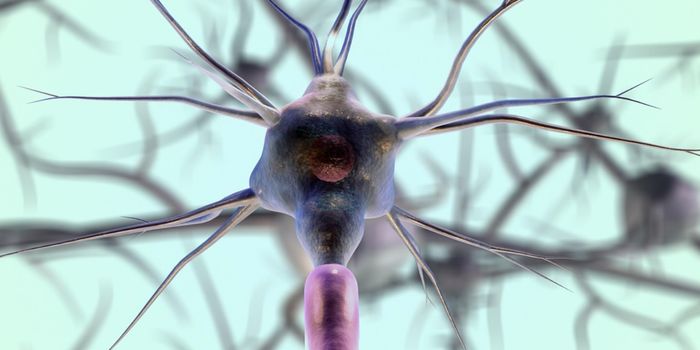Speaking More to Infants Boosts Brain Plasticity and Linguistic Ability

For the study, the researchers included data from 52 infants involved in the Infant Brain Imaging Study. Data included home language recordings when children were 9 and 15 months old, as well as MRI's performed at 3 and 6 months old and again at 1 and 2 years old. In doing so, the researchers were able to capture both the prelinguistic period of infants' brain development and the stage in which talking emerges.
To assess differences in children's brains over time, the researchers assessed MRI scans for fractional anisotropy (FA)- a metric for freedom or restriction of water movement in the brain that is used to estimate the progress of white matter development. White matter in the brain enables communication between gray matter regions, where information is processed in the brain. Earlier research has shown that slower maturation of white matter confers a cognitive advantage.
Ultimately, the researchers found that infants who heard more words had lower FA values, indicating their white matter was developing more slowly than babies who heard fewer words. The babies with lower FA values then went on to develop better linguistic performance when they began talking.
"As a brain matures, it becomes less plastic- networks get set in place. But from a neurobiological standpoint, infancy is unlike any other time. An infant brain seems to rely on a prolonged period of plasticity to learn certain skills. The results show a clear, striking negative association between FA and child vocalization," said Dr. Meghan Swanson, assistant professor of psychology in the School of Behavioral and Brain Sciences, one of the authors of the study, said in a press release.
"This work highlights parents as change agents in their children's lives, with the potential to have enormous protective effects. I hope our work empowers parents with the knowledge and skills to support their children as best they can," she concluded.
Sources: Science Daily, Developmental Cognitive Neuroscience








